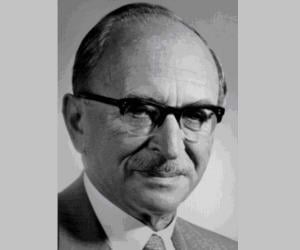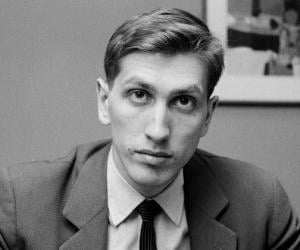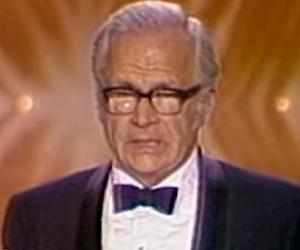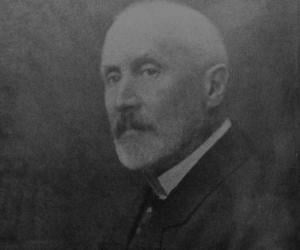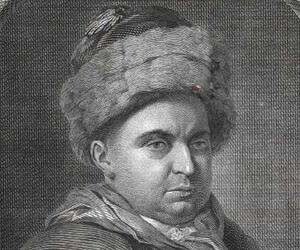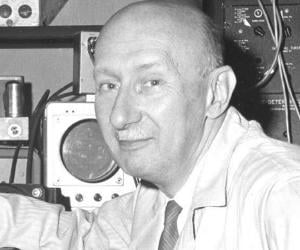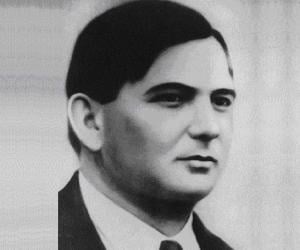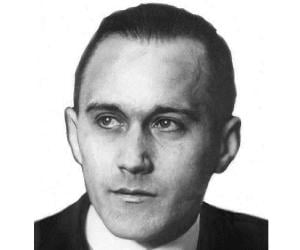1
Dennis Gabor
(Father of Holography)
Birthdate: June 5, 1900
Sun Sign: Gemini
Birthplace: Budapest
Died: February 8, 1979
Dennis Gabor was a prominent Hungarian-British electrical engineer and physicist known for inventing holography, a groundbreaking technology that earned him the Nobel Prize in Physics in 1971. He became a British citizen in 1934 and lived primarily in England, where he made significant contributions to the fields of engineering and physics. Gabor's innovative work in holography revolutionized imaging techniques and had a lasting impact on various scientific disciplines, solidifying his legacy as a pioneering figure in the world of technology and research.
